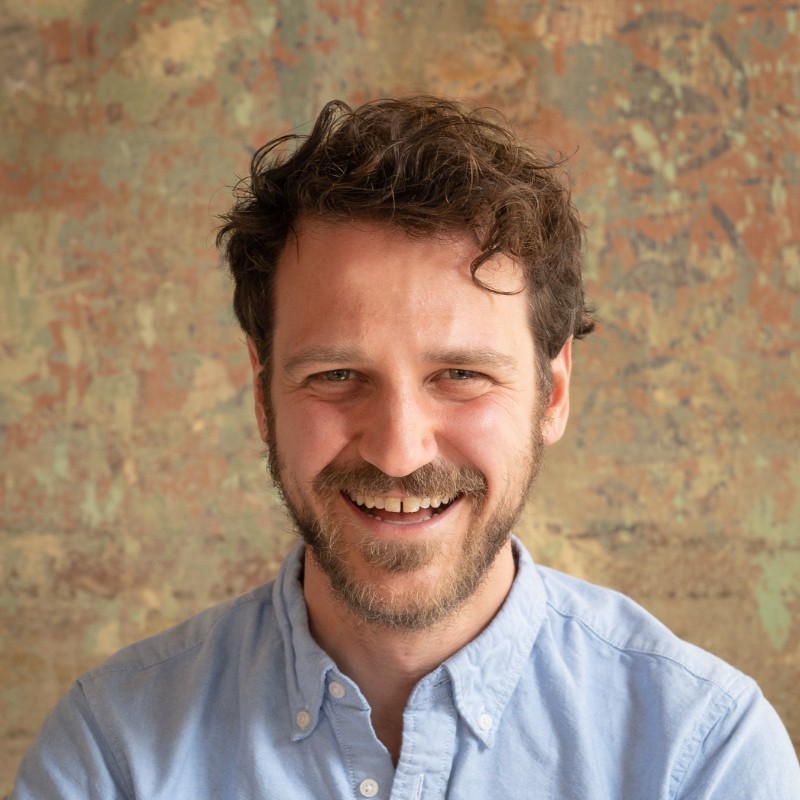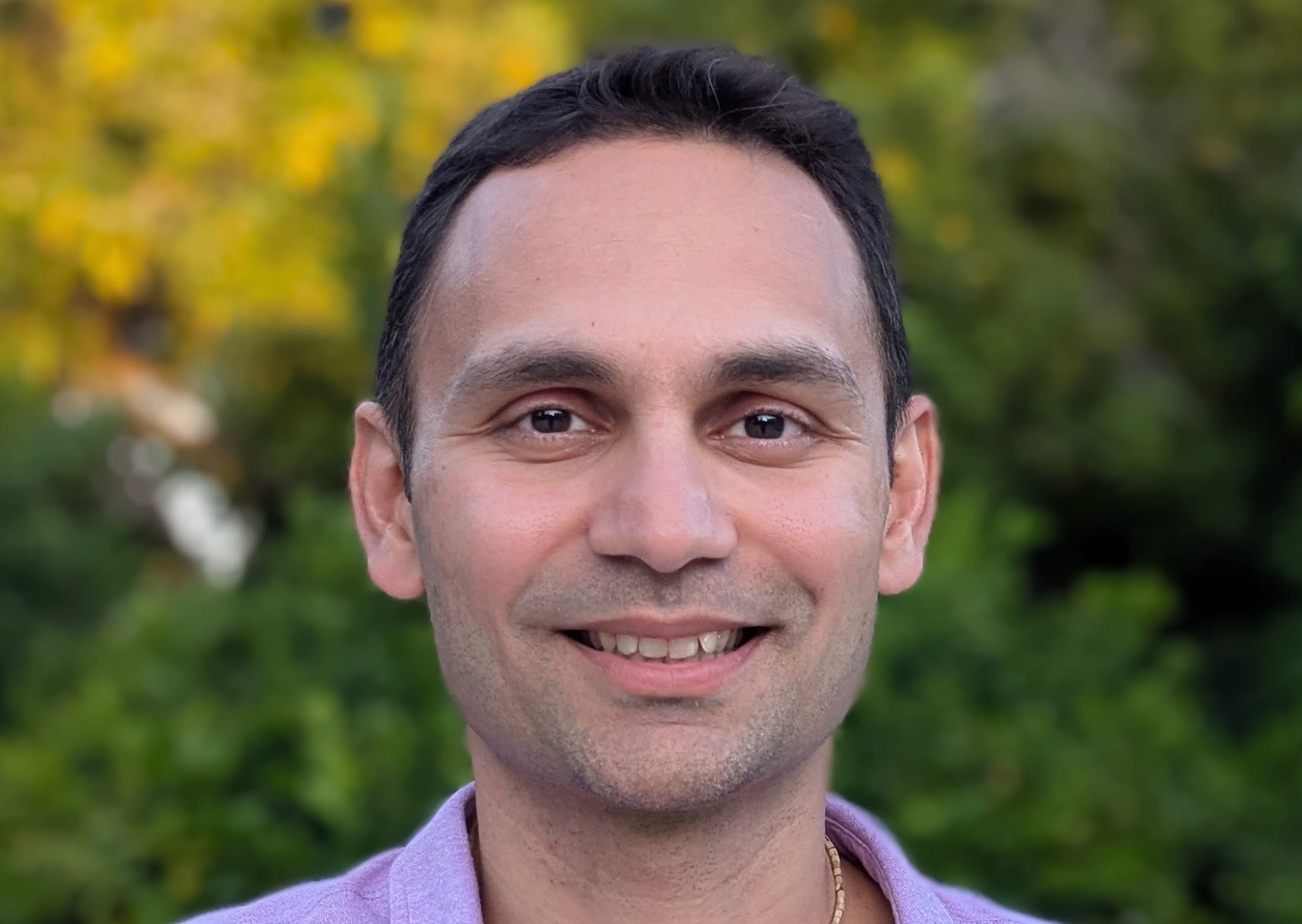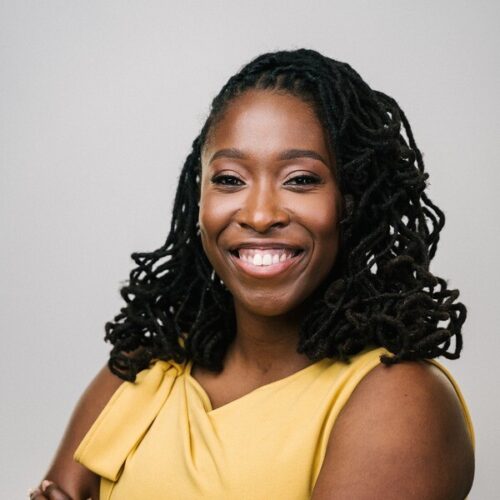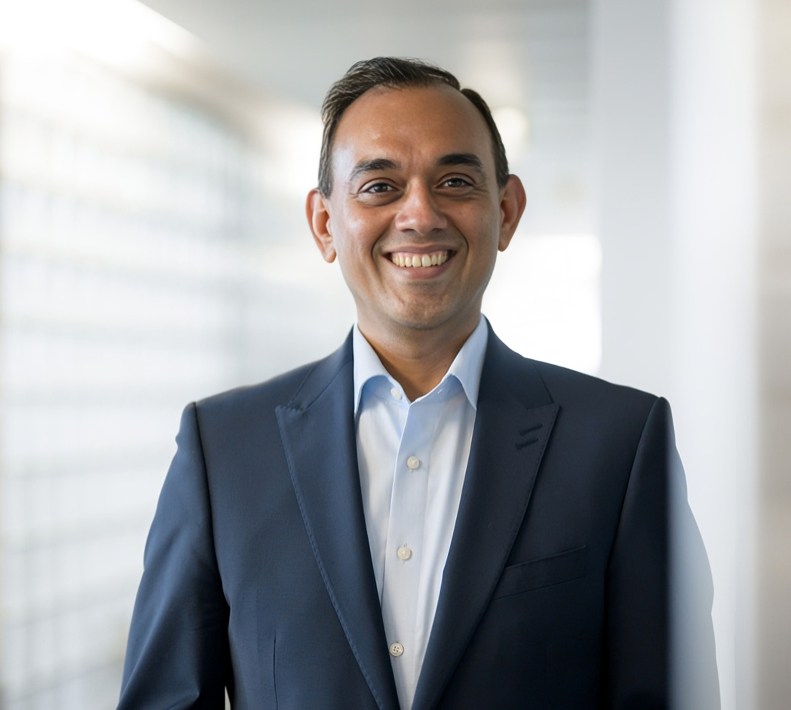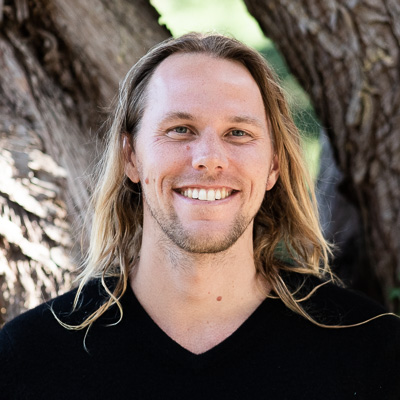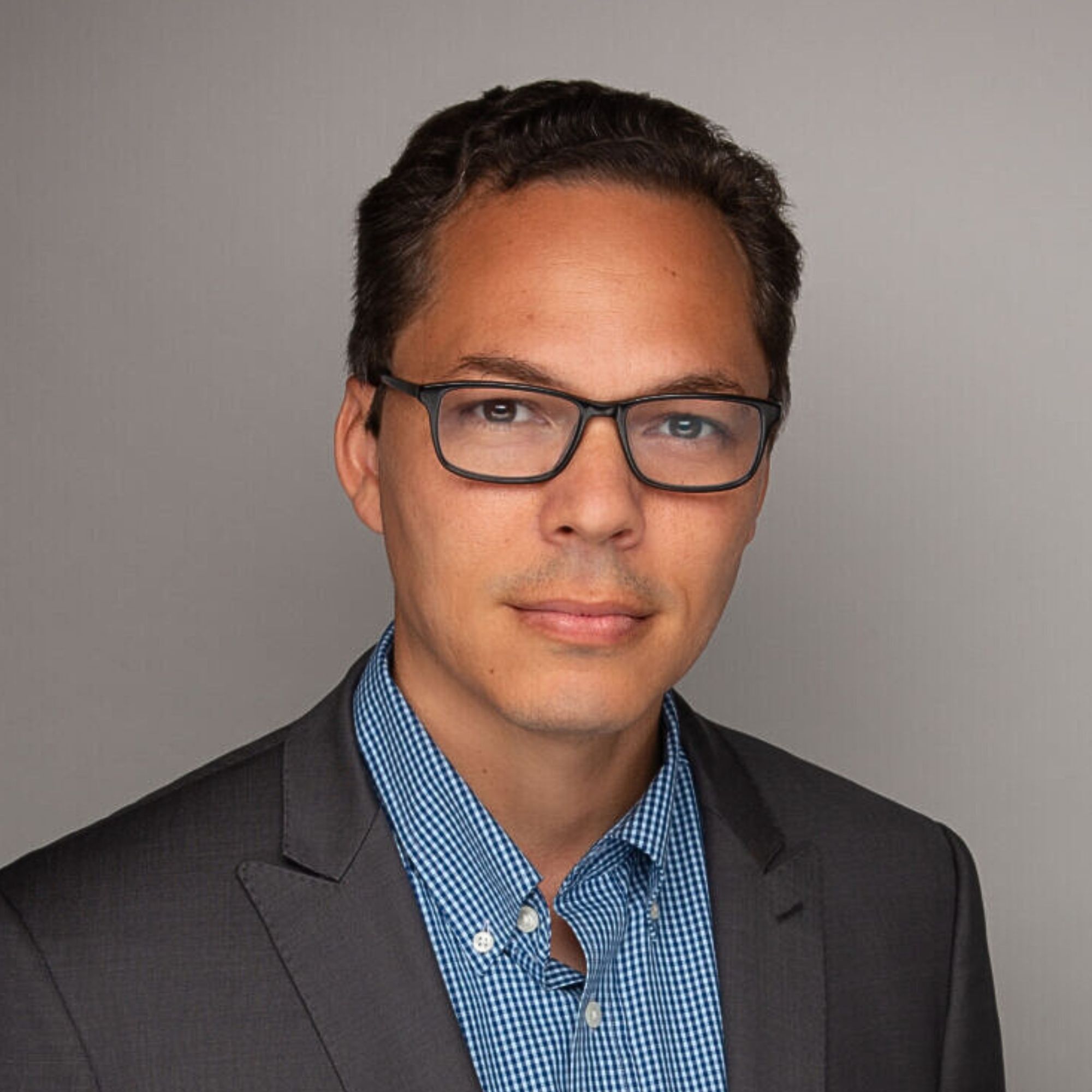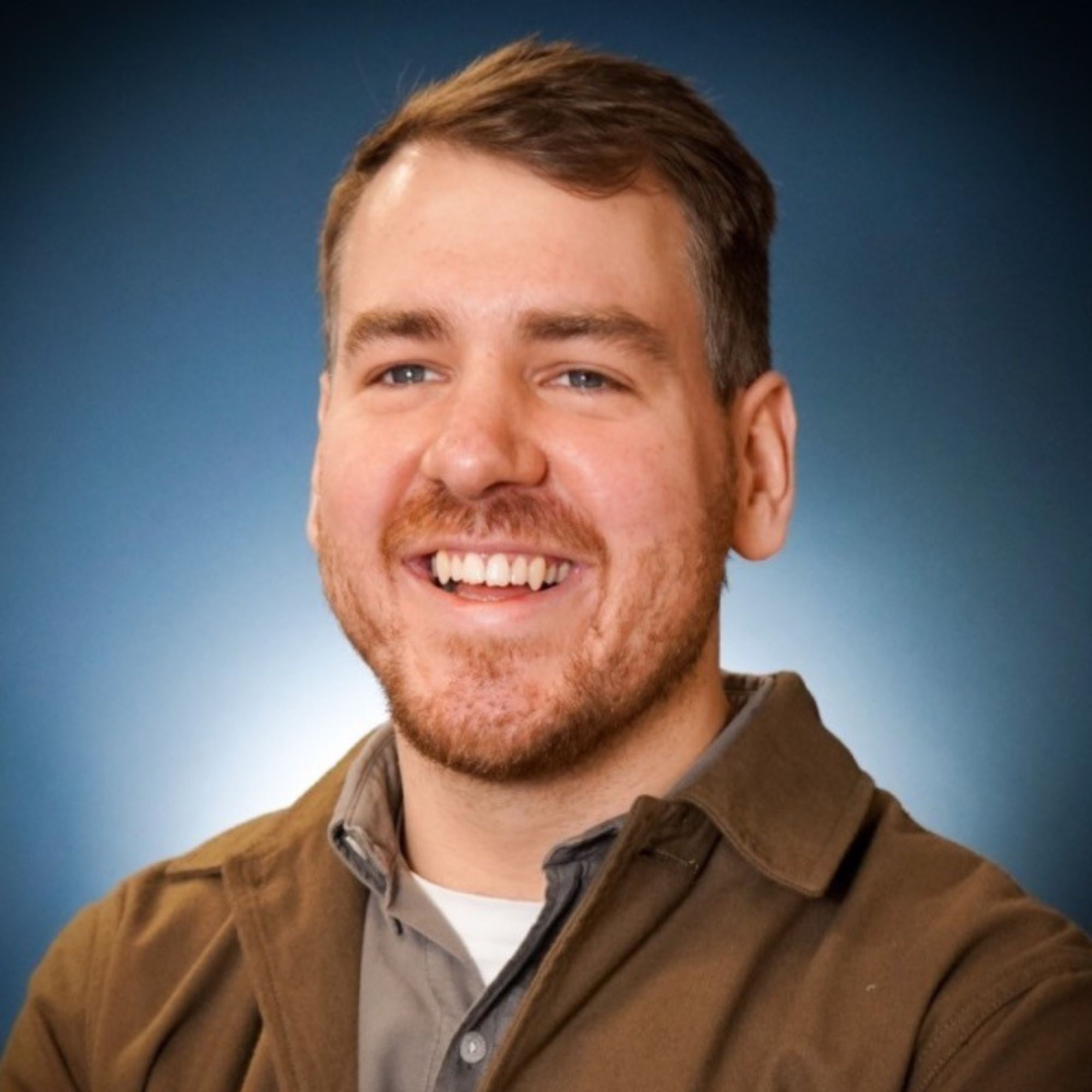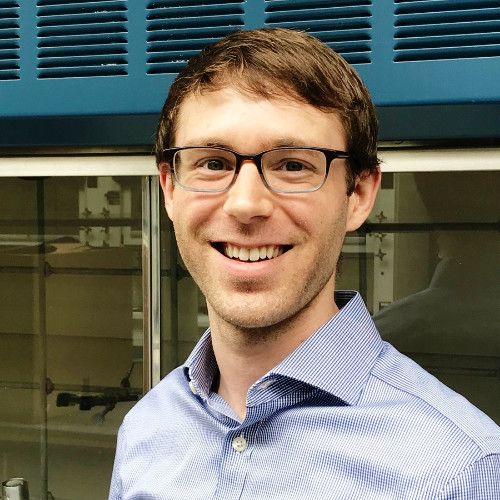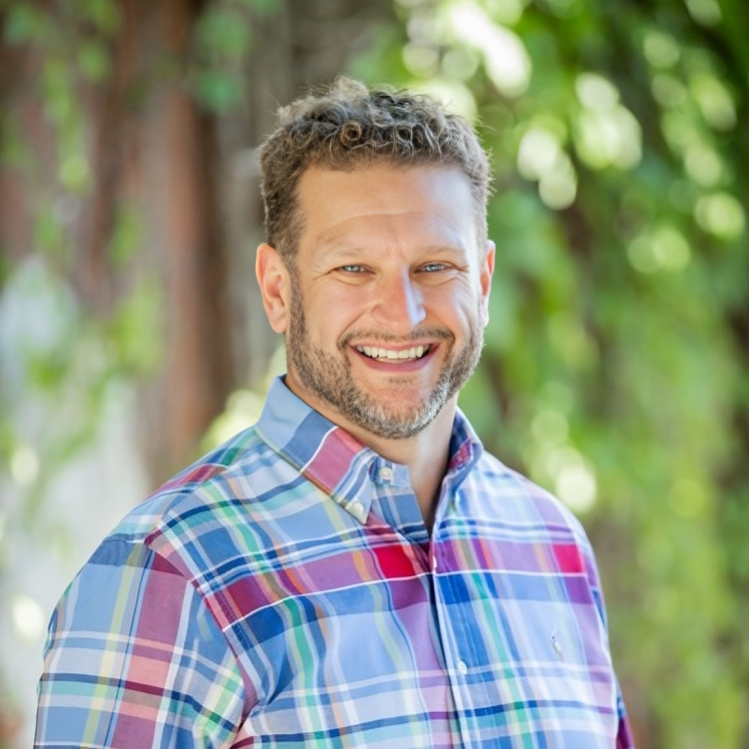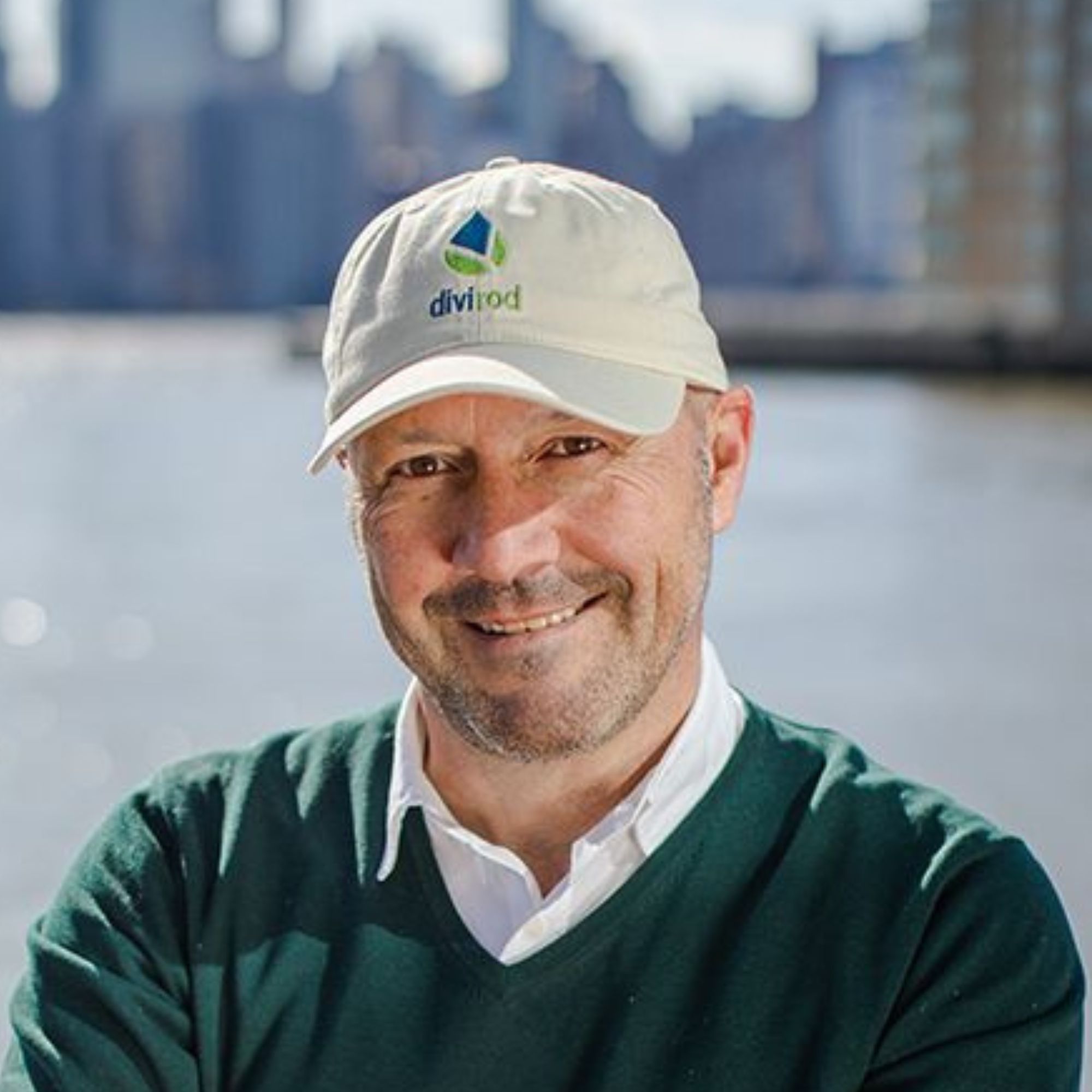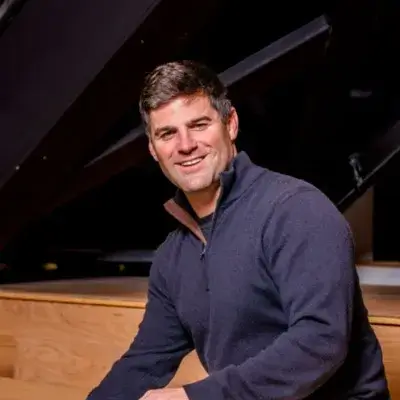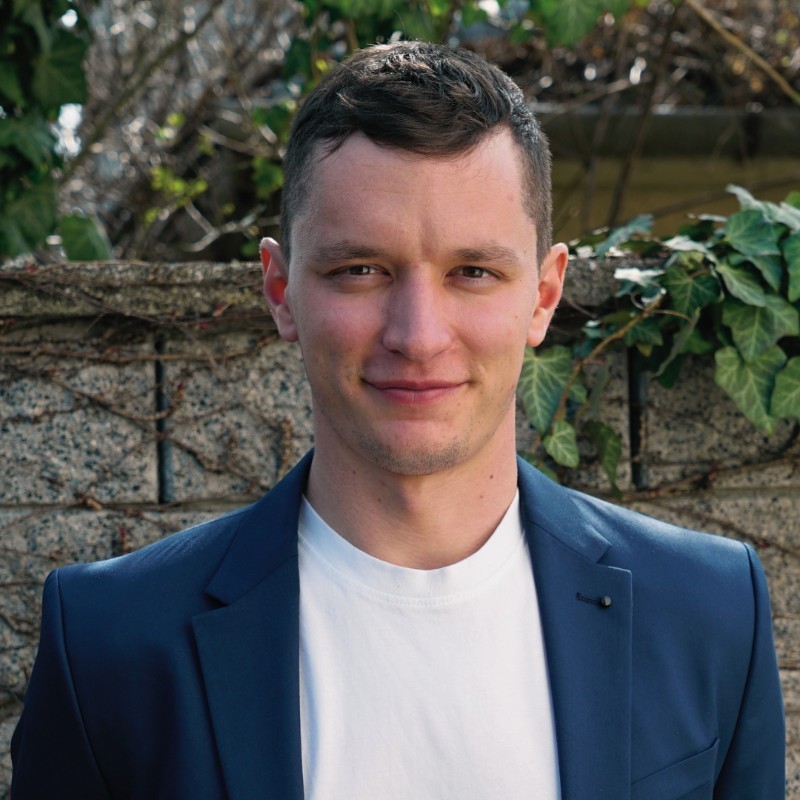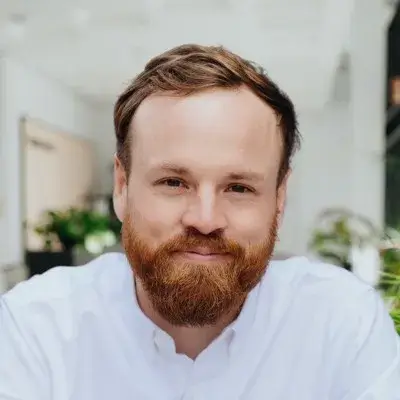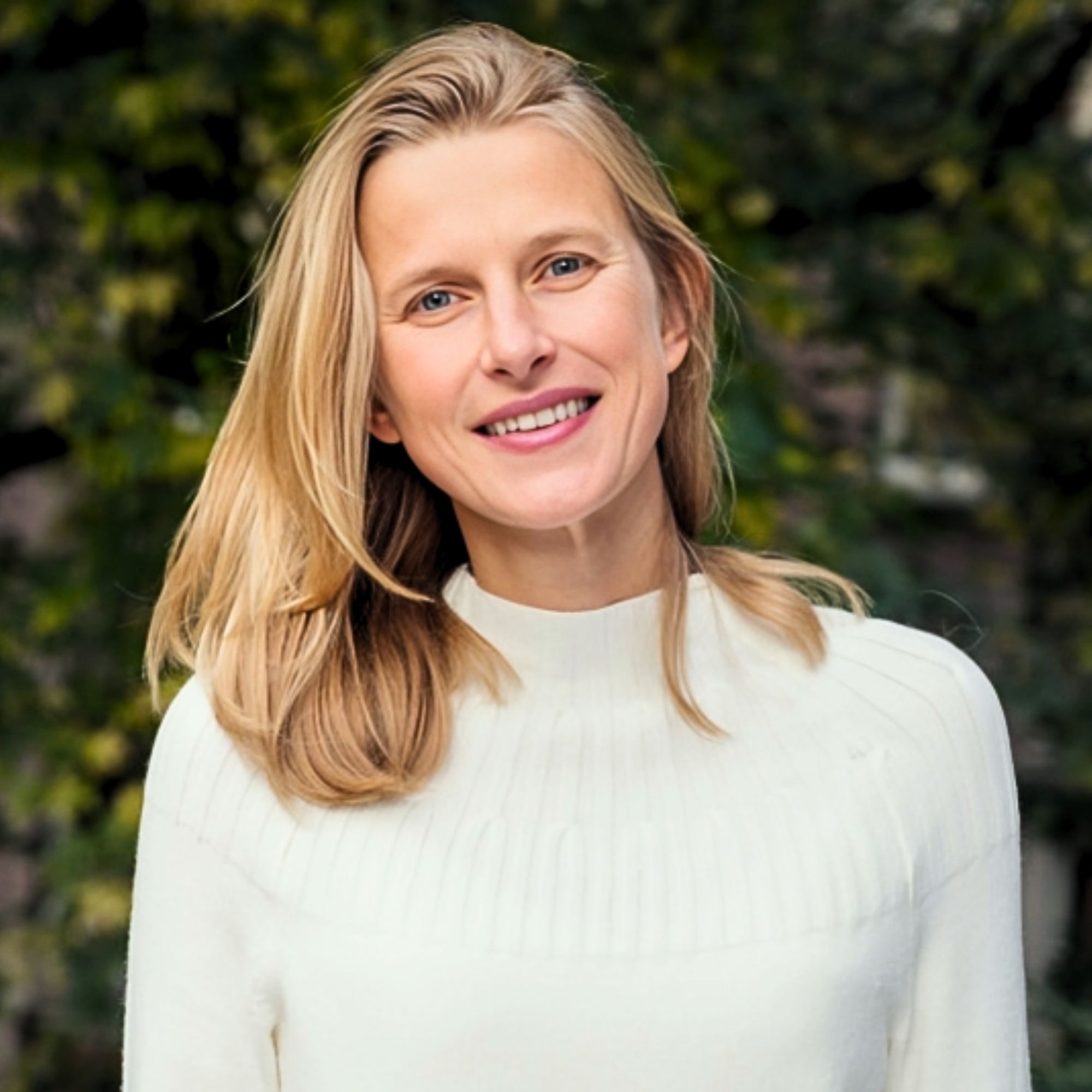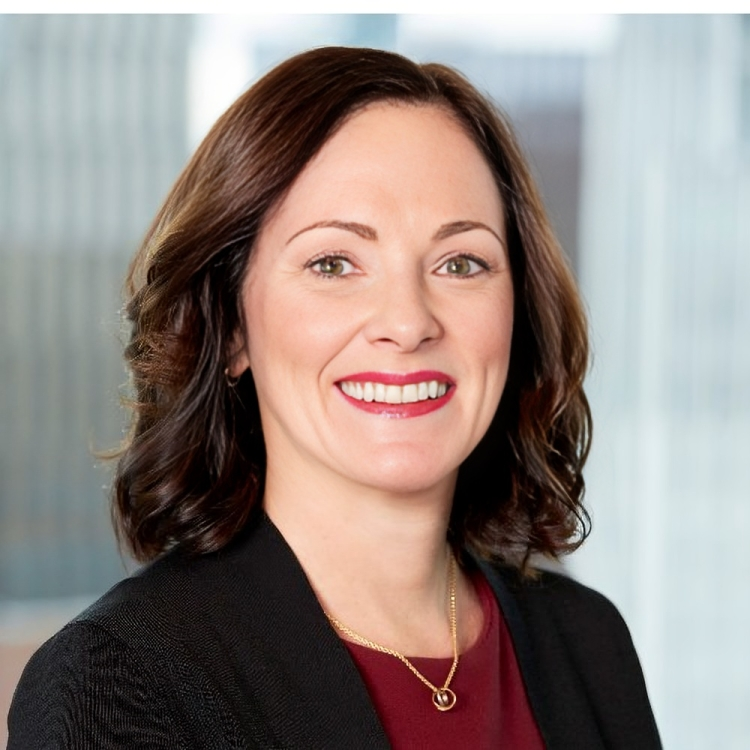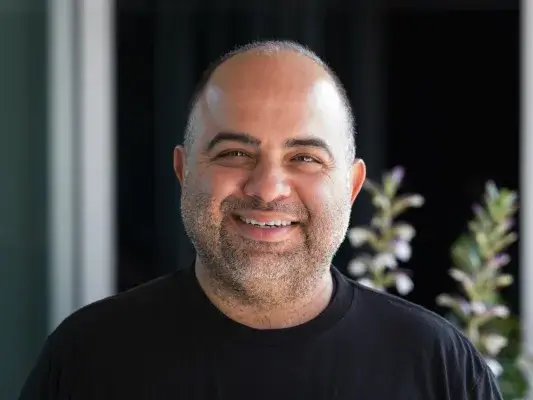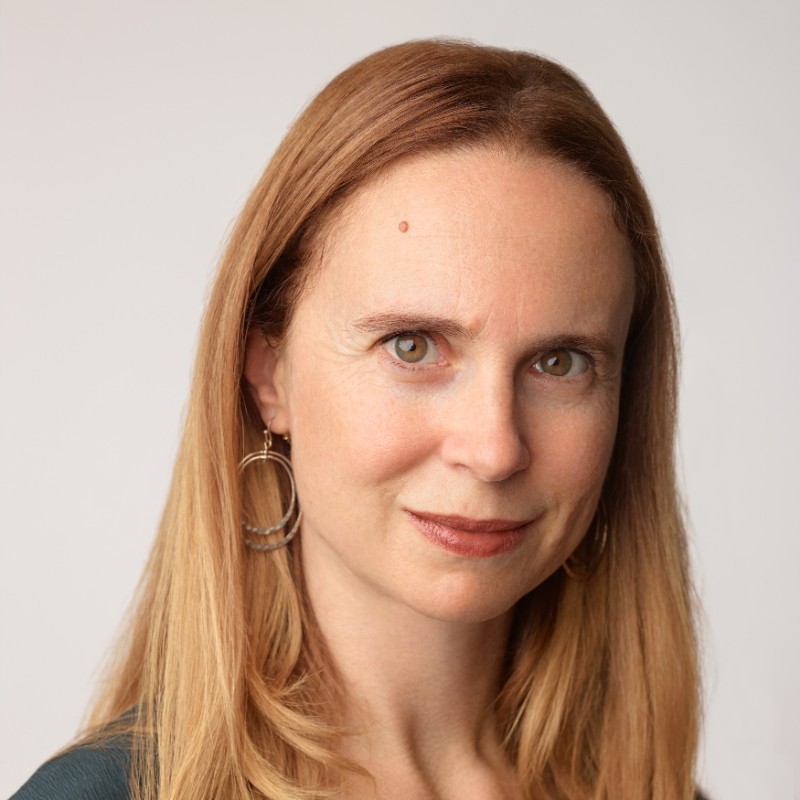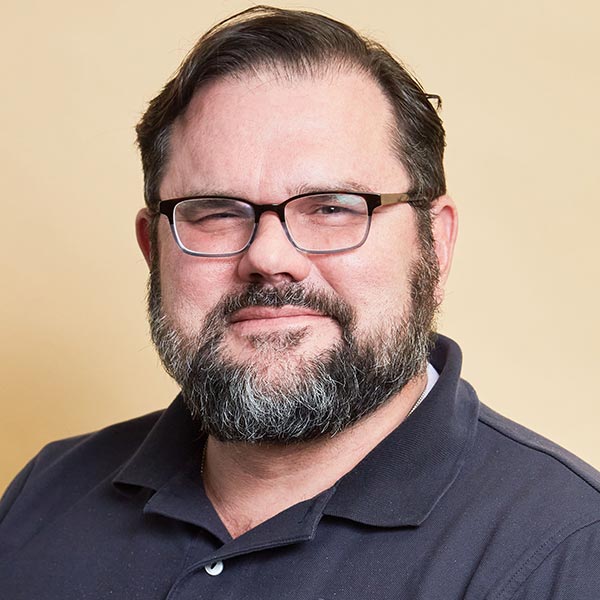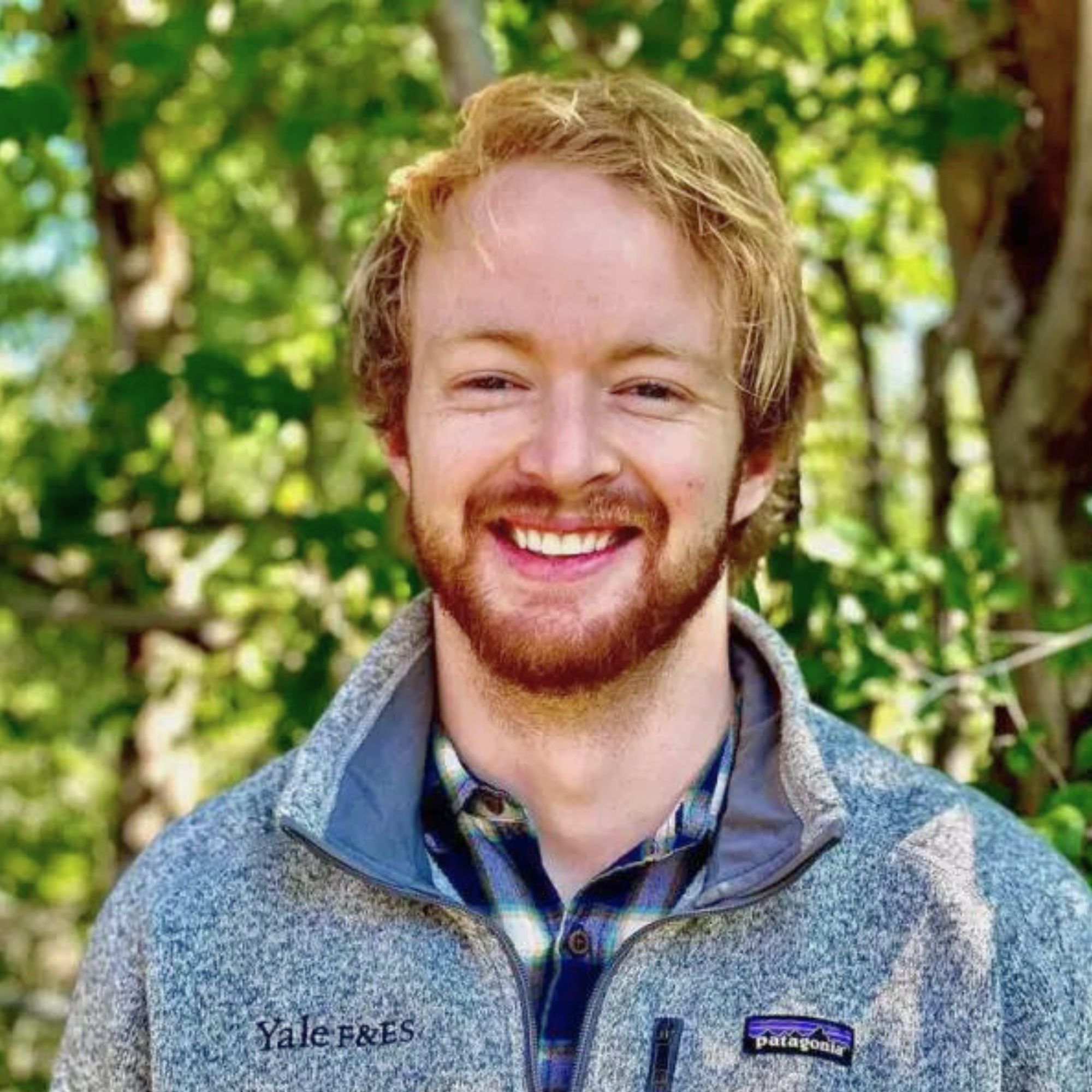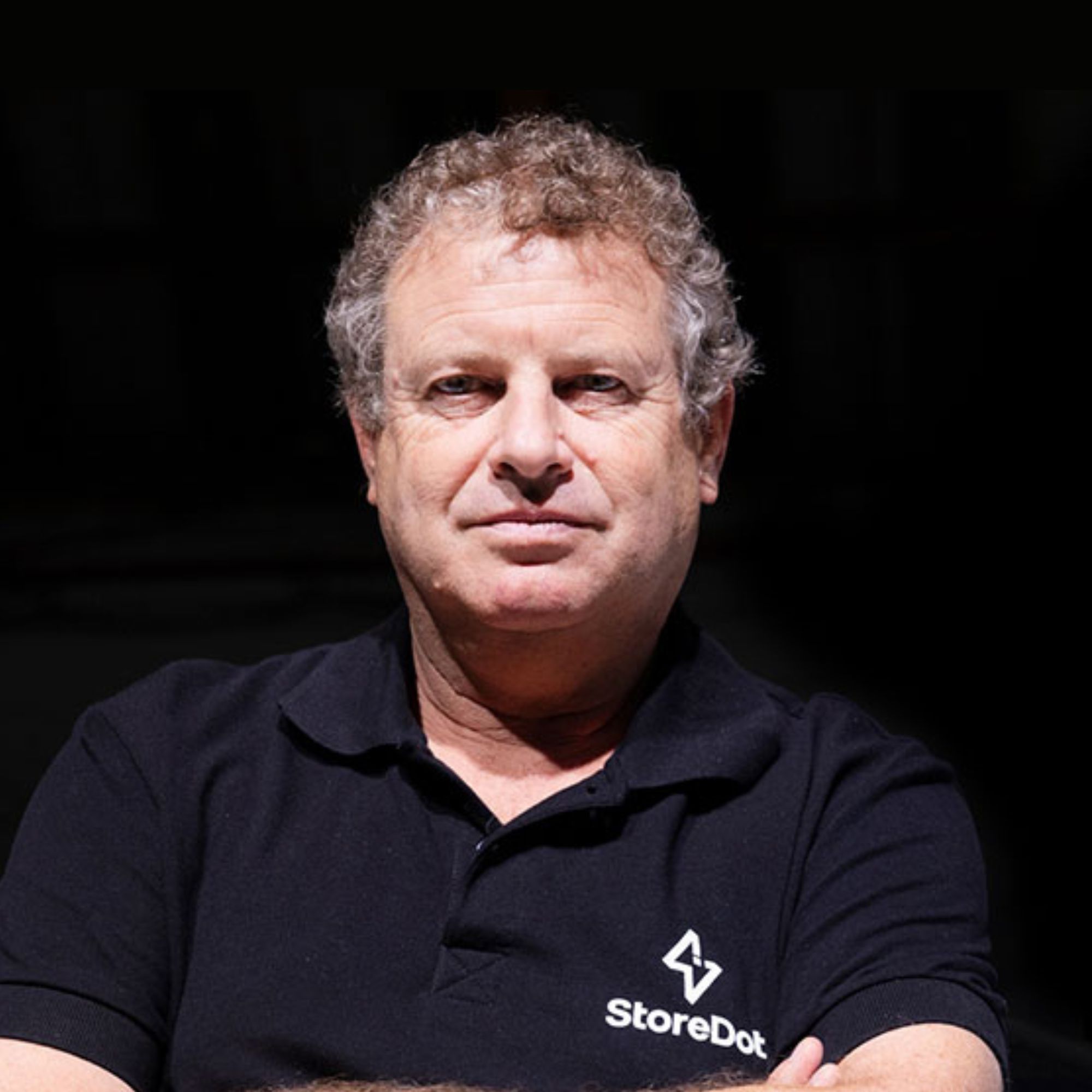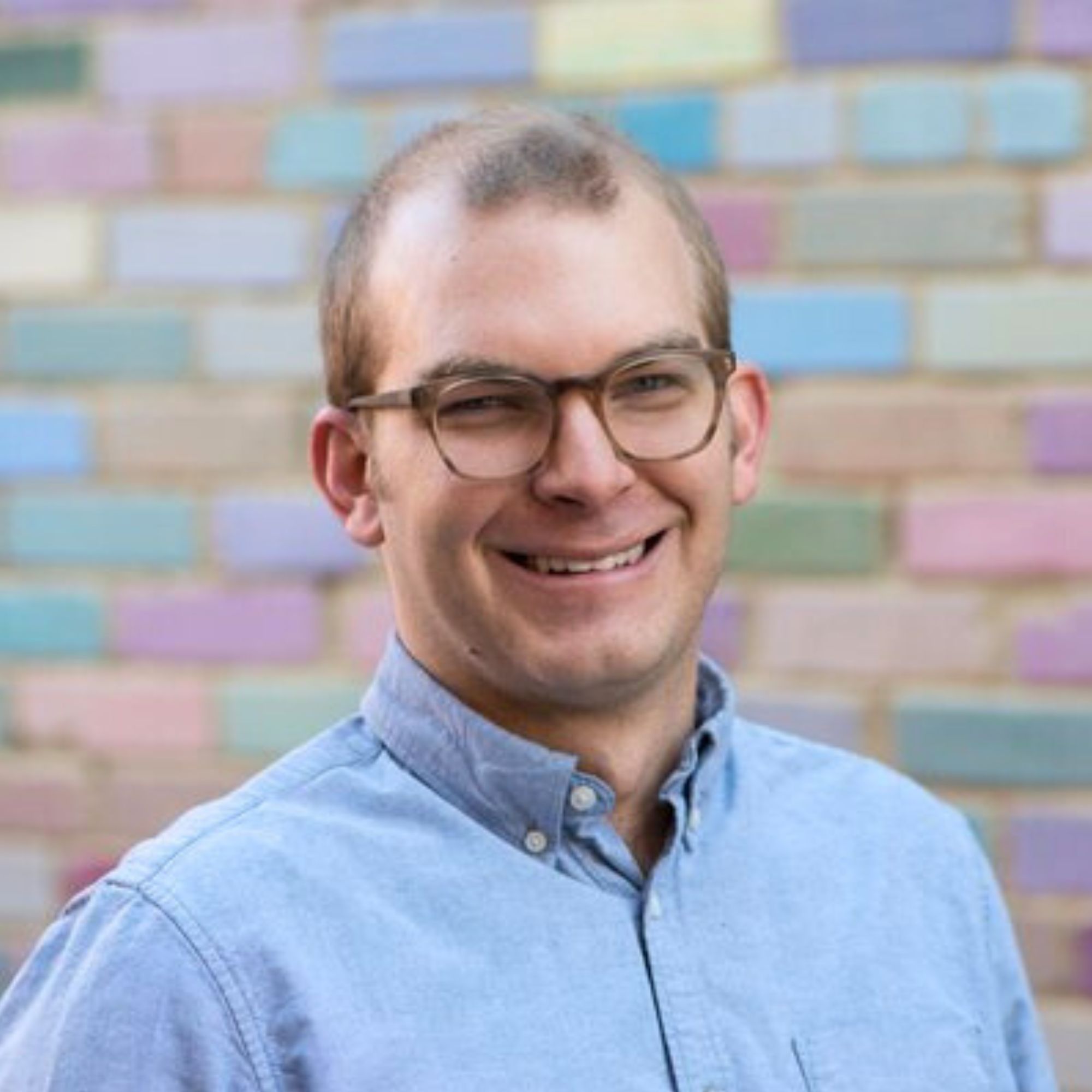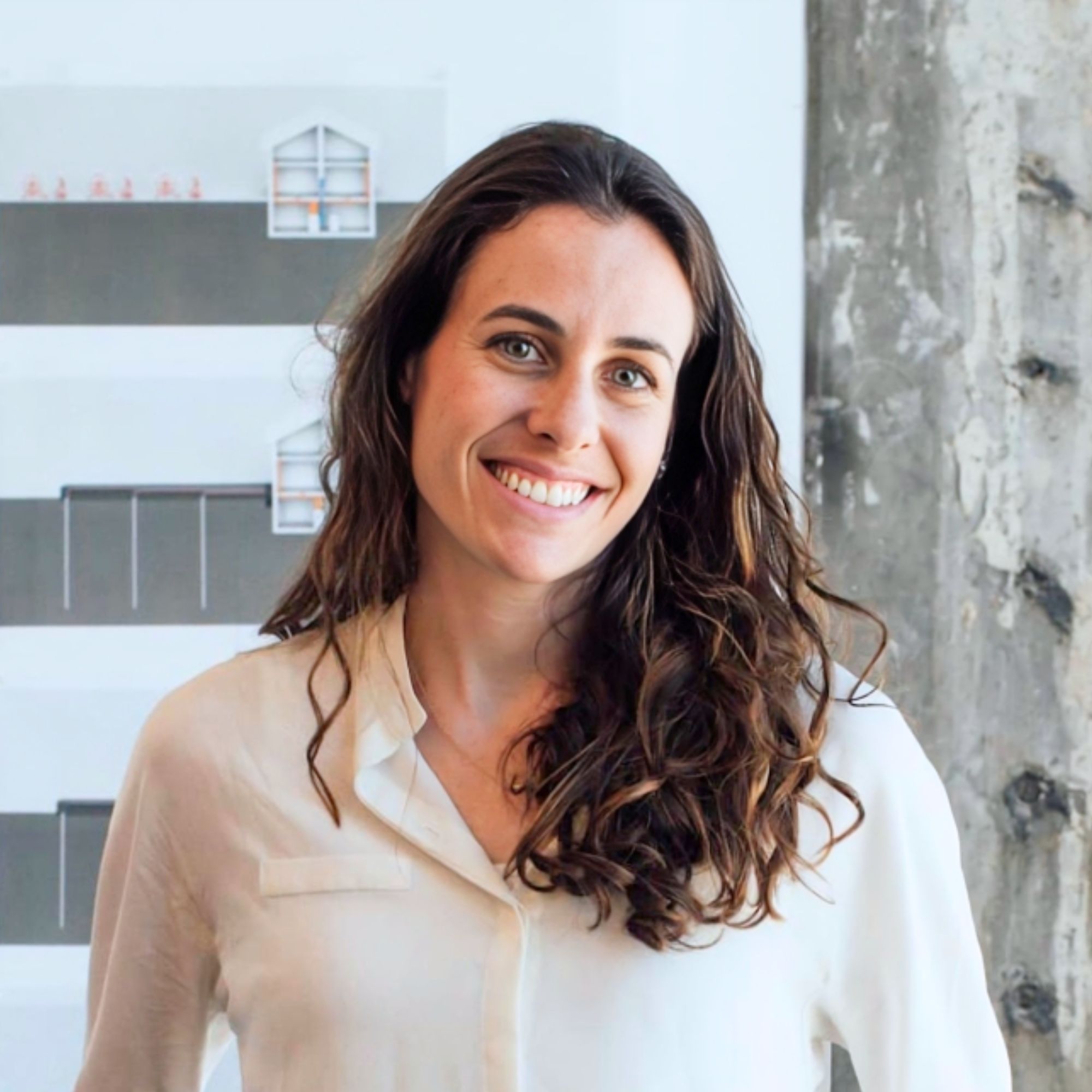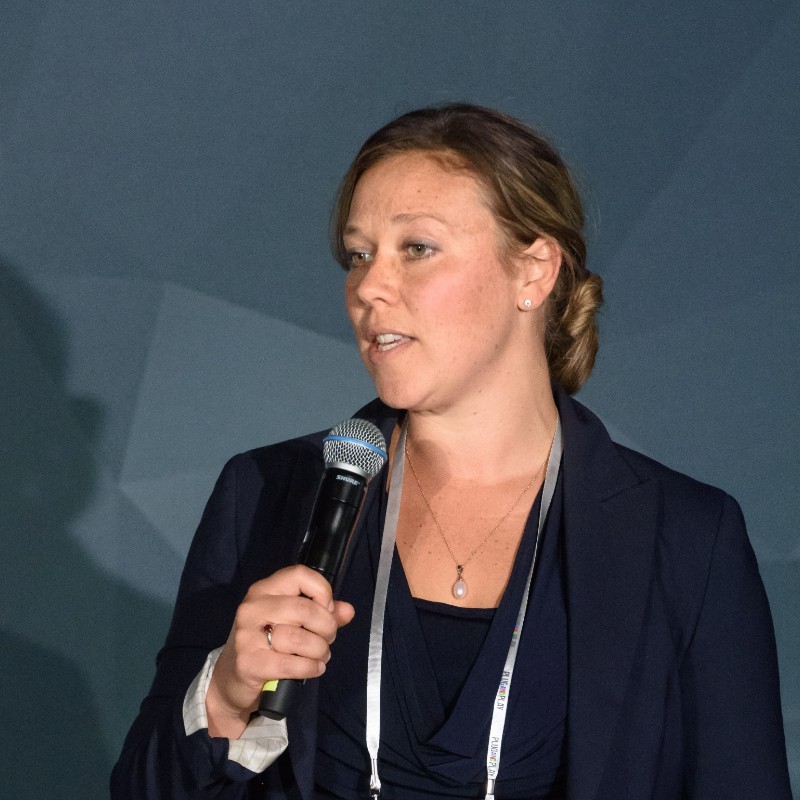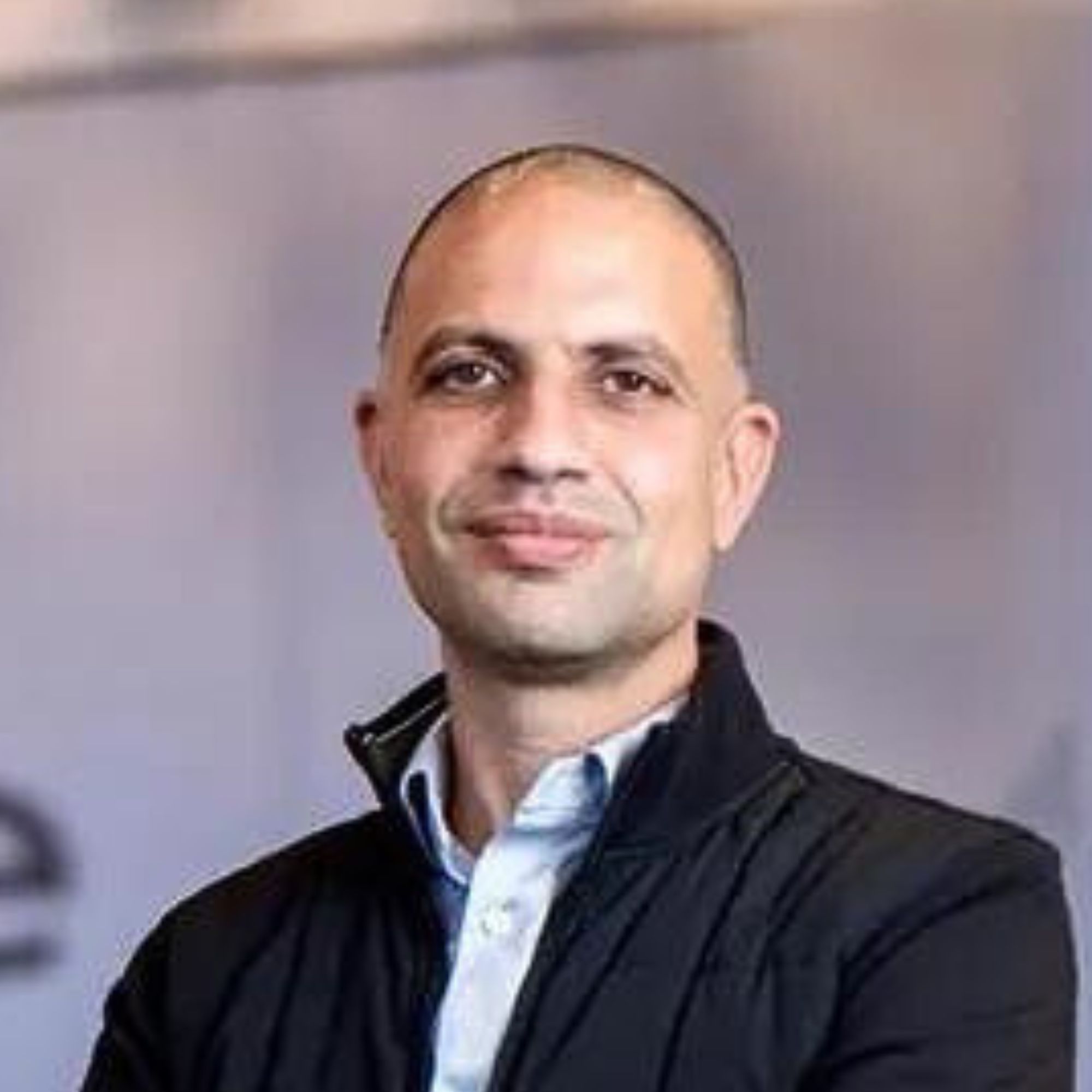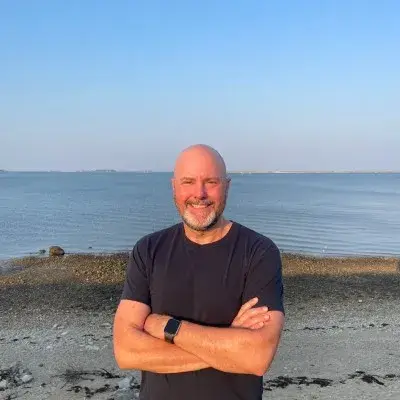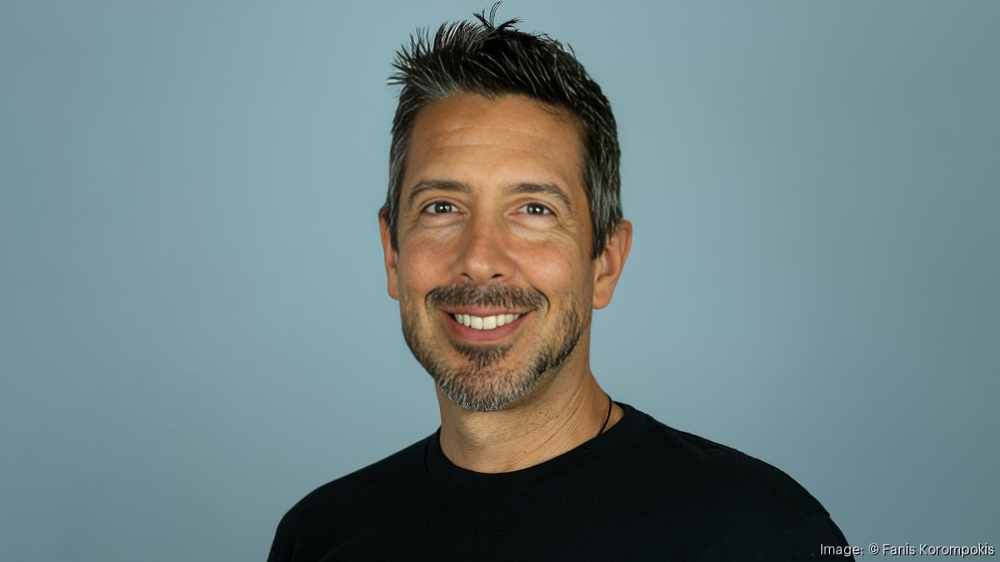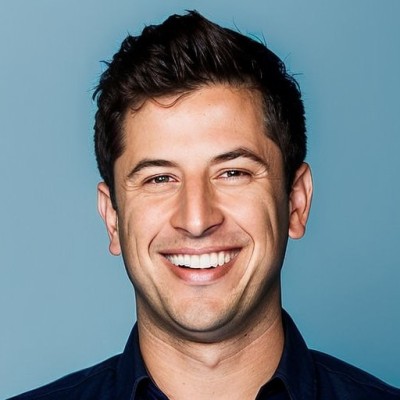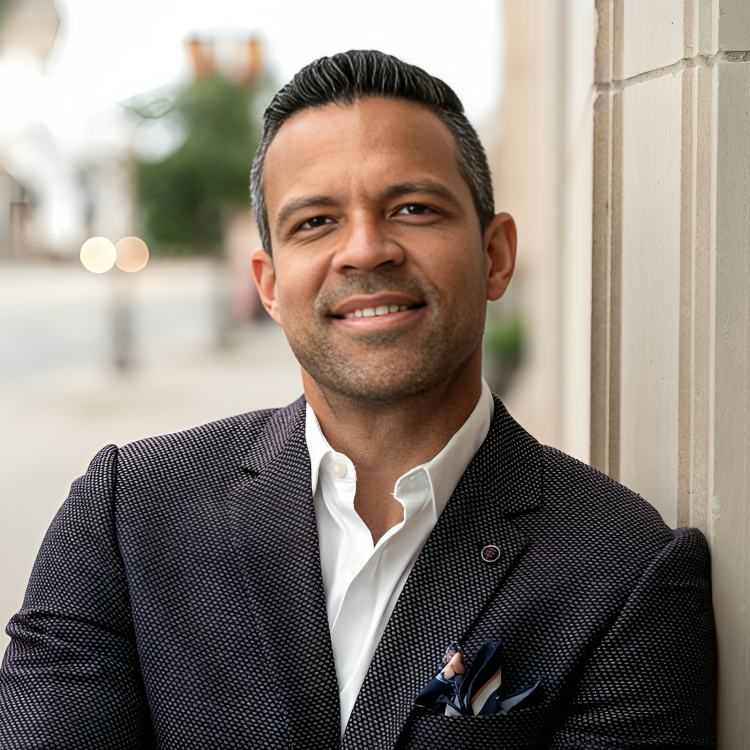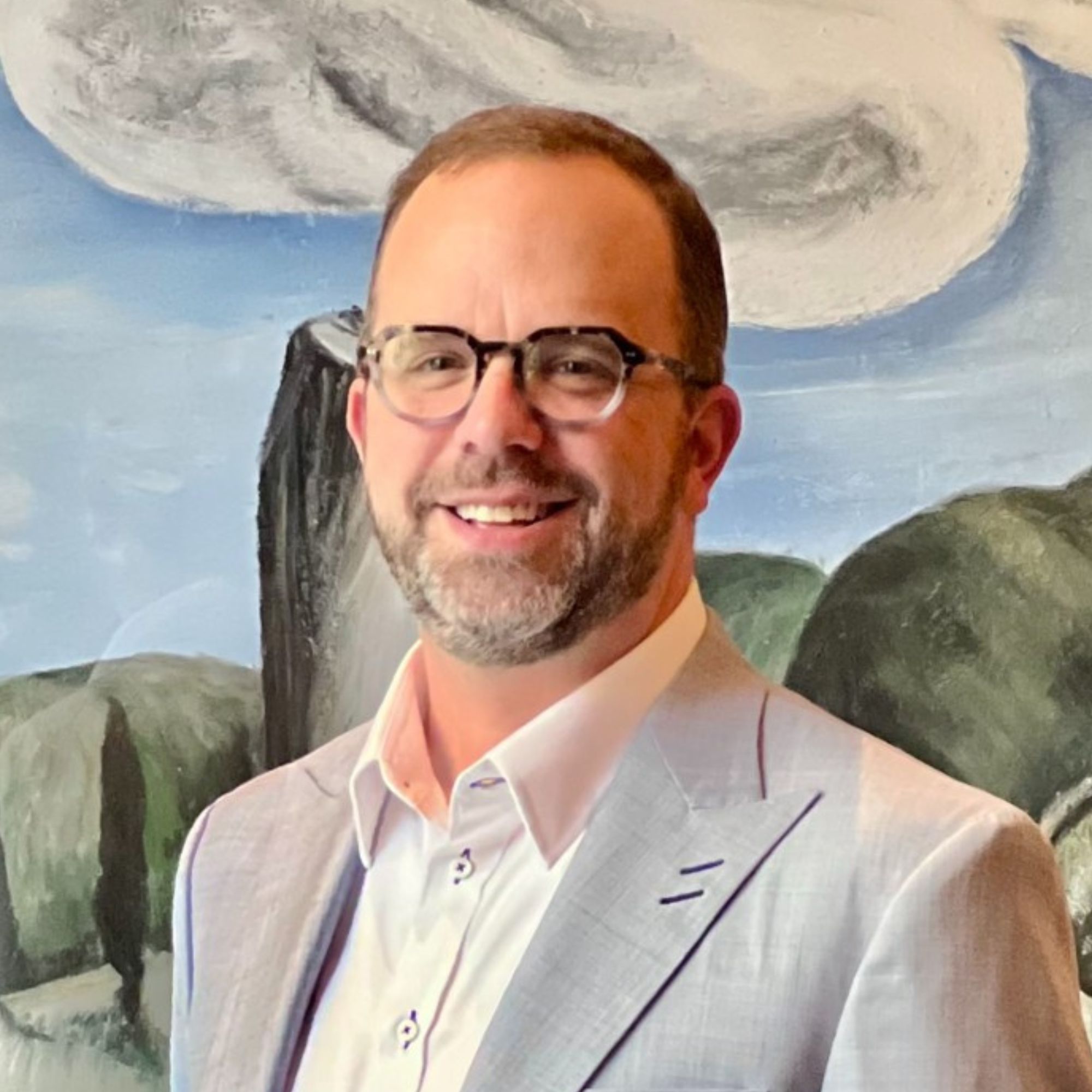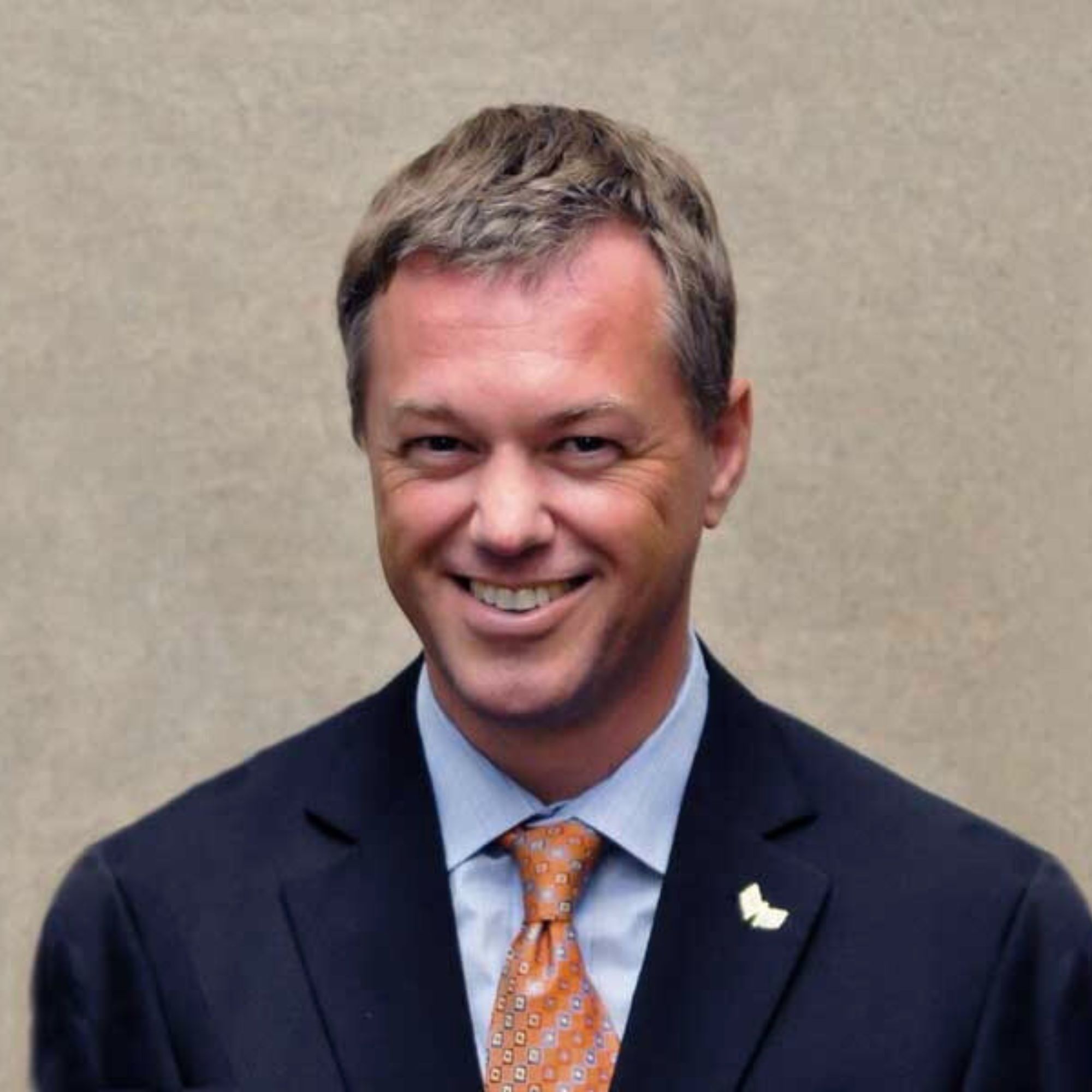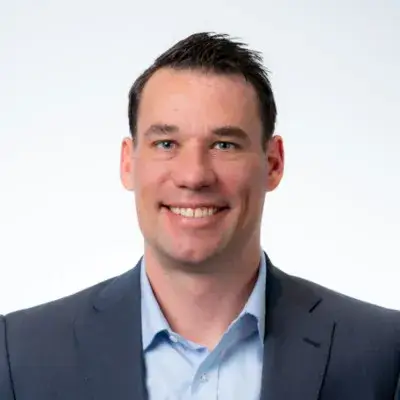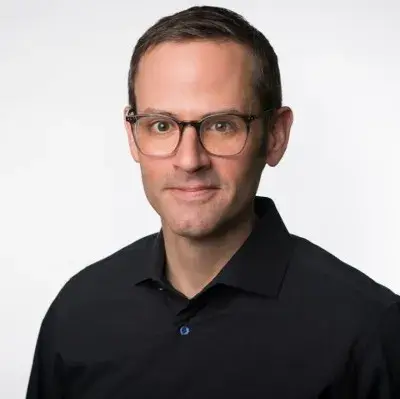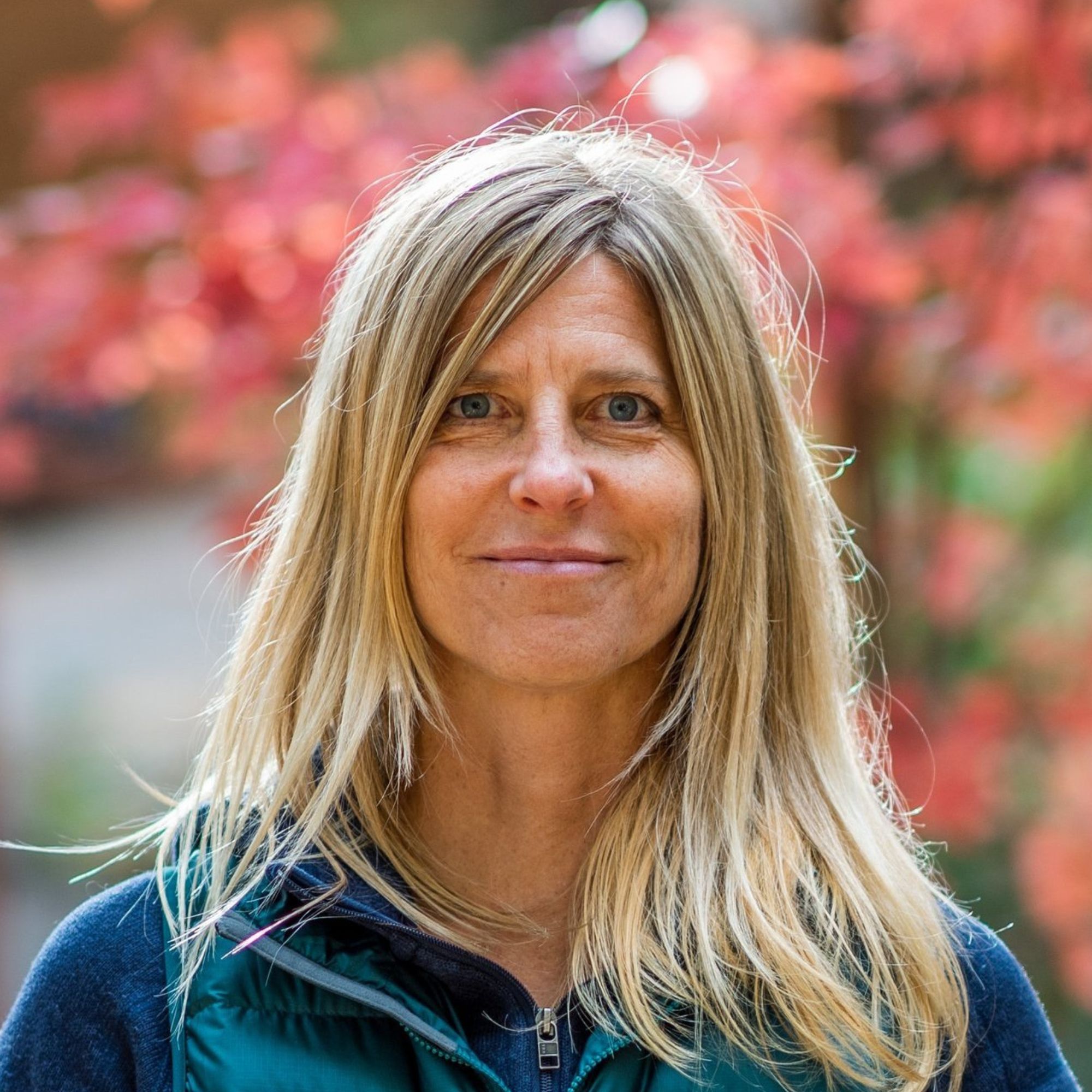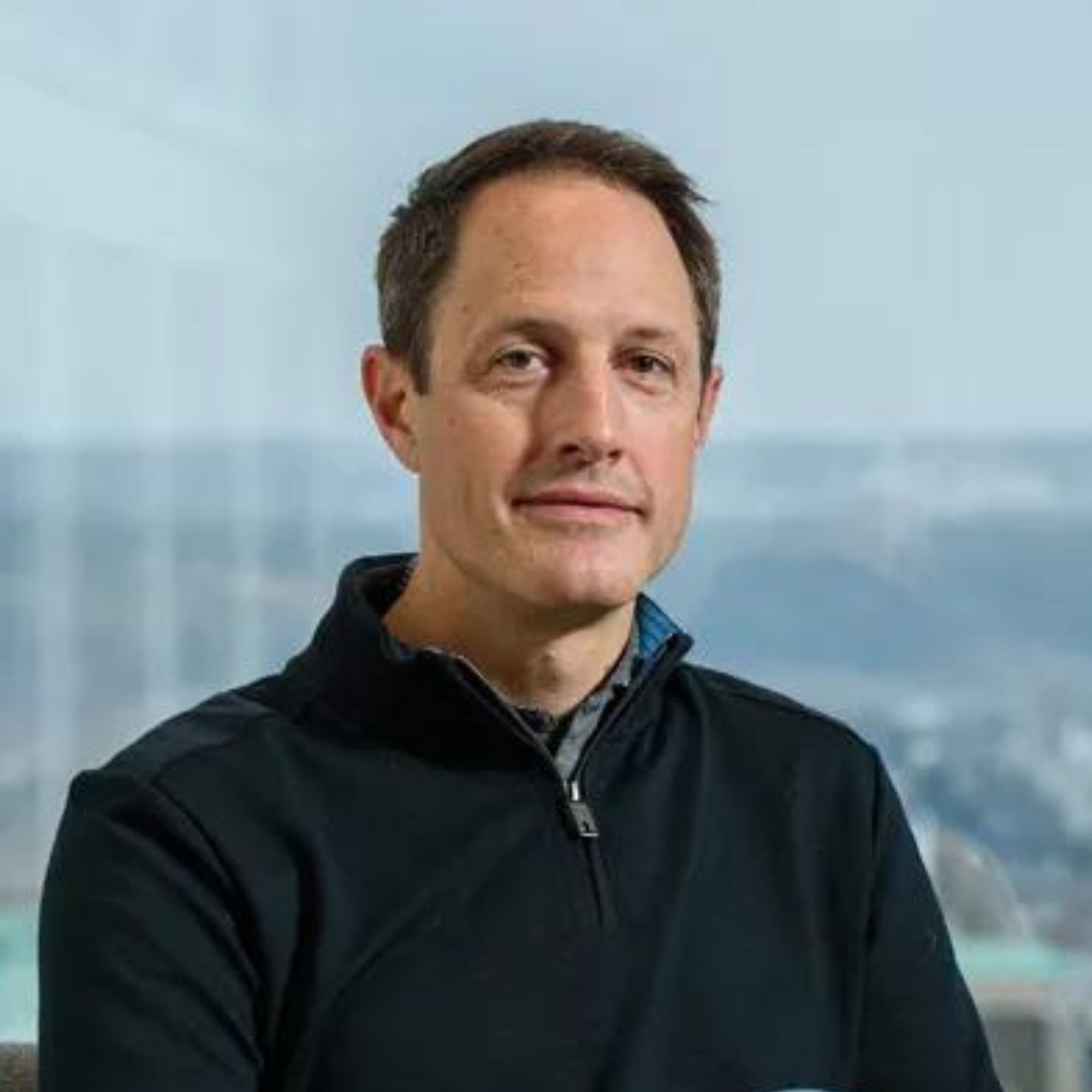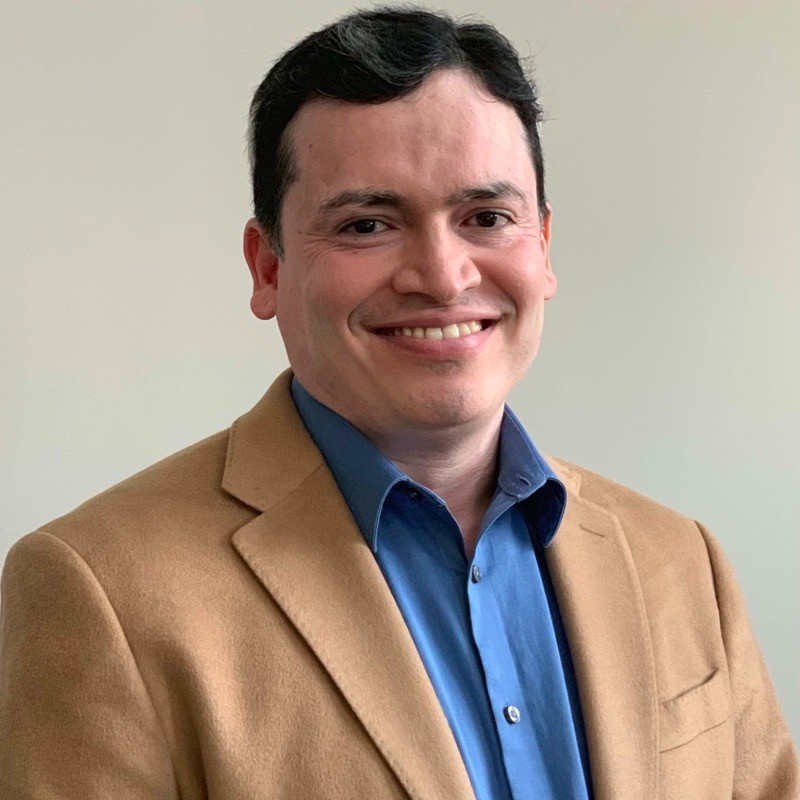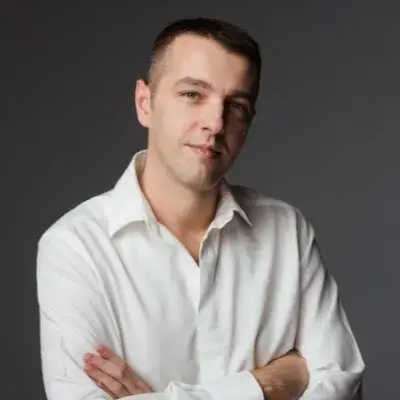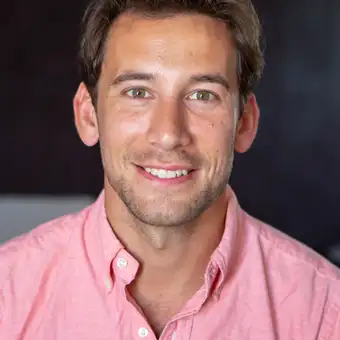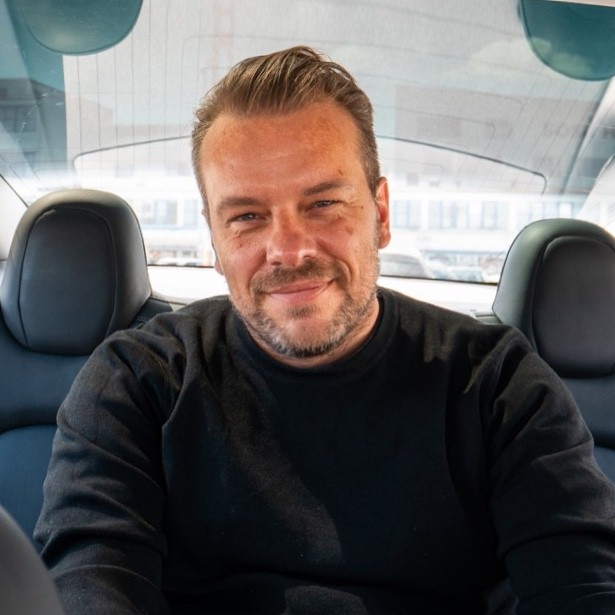Ready to build your own Founder-Led Growth engine? Book a Strategy Call
Frontlines.io | Where B2B Founders Talk GTM.
Strategic Communications Advisory For Visionary Founders
Actionable
Takeaways
Lead with scientific credibility when entering skeptical markets:
Chris made the deliberate decision to publish in Geoderma, the world's top soil science journal, despite the pain and slowness of academic publishing. He explains, "Because we're operating in an industry with so much suspicion around measurement and we're trying to make a claim that we're replacing an alternative existing mature measurement technology, I just didn't see a world in which I could sleep at night without the rigor that scientific publishing represents." B2B founders entering fields with established scientific communities should prioritize credibility over speed, especially when challenging existing measurement standards.
Be radically transparent about limitations to build trust:
Rather than overselling capabilities, Yard Stick proactively discloses their technology's current limitations. Chris notes, "I think we are way above average, candid about the opportunity and the limitations of our technology with our customers... just like put your liabilities on the table. Then when a customer does say yes, despite those risks, you're all on the same page about what to expect." This approach is particularly powerful in technical fields where customers have sophisticated evaluation capabilities.
Participate authentically in existing industry establishments:
Instead of positioning as disruptors, Yard Stick actively participates in traditional soil science conferences and communities. Chris emphasizes, "We go to the Soil Science Society of America's annual meeting, we present there, we have real scientists present there. Being able to hang on their terms is important." B2B founders should consider how to earn credibility within existing professional communities rather than trying to bypass them entirely.
Focus on enabling customer success rather than fighting competitors:
Chris takes a "big tent" approach to the climate solutions space, refusing to position against other carbon removal technologies. He explains, "I see a lot of people in the soil ecosystem fight for their teeny little sliver of airtime by talking down to engineered solutions... I think that's a waste of time because we need all of these solutions to be successful in order for the whole ecosystem to grow." This collaborative positioning helps expand the overall market opportunity.
Build your go-to-market strategy around regulatory tailwinds:
Yard Stick's timing aligned perfectly with Department of Energy initiatives to reduce carbon intensity in agricultural feedstocks. Chris explains how they capitalized on the DOE's Smart Farm program, which recognized the need for field-level emissions measurement. B2B founders should identify regulatory or policy drivers that create urgency for their solutions and align their market entry accordingly.
Conversation
Highlights
Building Trust in Skeptical Markets: How Yard Stick Commercialized Breakthrough Soil Science
When Chris Tolles sold his previous company in early 2020, he knew he wanted to commercialize climate science again. What he didn’t know was that his next venture would require him to navigate one of the most scientifically skeptical markets in the climate space—and that his unconventional approach to building trust would become the foundation of his company’s success.
In a recent episode of Category Visionaries, Chris, CEO and Co-Founder of Yard Stick, shared the story of how his soil carbon measurement company raised $18 million by choosing scientific credibility over startup velocity. His journey reveals a counterintuitive truth: sometimes the best way to move fast is to deliberately slow down.
The Invisible Carbon Problem
Before diving into Yard Stick’s go-to-market strategy, it’s crucial to understand the massive opportunity they’re addressing. As Chris explains, “We’re all familiar with how forests are super important. You should not cut down trees, right, because trees store atmospheric CO2. In agricultural systems, it’s the soil that is the biggest stock.”
The scale of this opportunity is staggering. “Globally, soil store actually many times the total carbon in all plant and animal biomass combined,” Chris notes. “In terms of total soil carbon stocks, they’re much larger than forests, but they’ve been invisible and degraded and neglected because they’ve been so hard to measure.”
This invisibility created both an opportunity and a challenge. While soil carbon represents a massive climate solution, the difficulty in measuring it has led to widespread skepticism about its viability as a carbon offset mechanism.
The Perfect Storm of Timing
Yard Stick’s founding coincided with a unique convergence of factors that made 2020 the right time to commercialize soil carbon measurement technology. The Department of Energy had launched Smart Farm, a program specifically designed to fund new agricultural measurement technologies.
The catalyst was a fundamental problem with renewable fuels. “Many people may remember controversy over the years about producing gasoline with corn,” Chris explains. “Those are really inspiring technologies, except for the fact that the carbon intensity of many of those ag feedstocks is very high.”
The Department of Energy realized they needed field-level measurement capabilities to identify farms producing lower carbon intensity feedstocks. “DOE was basically like, huh? If we had technologies that could measure the emissions profile of different farms, we could identify the farms that are producing lower carbon intensity agricultural feed stocks,” Chris recalls.
This regulatory tailwind provided the perfect backdrop for Yard Stick’s market entry, but it also meant they’d be operating in a space where scientific rigor was paramount.
The Trust Problem
Perhaps no challenge was more fundamental to Yard Stick’s success than overcoming the deep skepticism surrounding carbon measurement technologies. The voluntary carbon market had been plagued by controversy, particularly around forestry projects.
“If you Google, you know, voluntary carbon market controversy, you will be inundated with low quality, especially forestry projects,” Chris acknowledges. This created a significant barrier for any company entering the space. “We knew that in order to be taken seriously as a measurement technology in an industry where most people say, like I kind of read about that in the Guardian, isn’t it kind of all nonsense, we really needed to lead with trust.”
This trust deficit shaped every aspect of Yard Stick’s go-to-market strategy, from their scientific approach to their marketing philosophy.
The Radical Decision: Academic Publishing
Most startups avoid academic publishing like the plague. The process is notoriously slow, often taking years from submission to publication. For venture-backed companies focused on rapid growth, this timeline feels antithetical to success.
But Chris made a different calculation. “Because we’re operating in an industry with so much suspicion around measurement and we’re trying to make a claim that we’re replacing an alternative existing mature measurement technology, I just didn’t see a world in which I could sleep at night without the rigor that scientific publishing represents.”
This decision came with significant trade-offs. “Many companies avoid this for a few reasons,” Chris explains. “Number one, their technology can’t actually stand up to that scrutiny. Number two, even if it can, it’s a giant pain in the ass. Academic publishing is super broken. It’s a weird backwards slow system which at the best will still be super duper slow.”
The result was worth the effort. Yard Stick published in Geoderma, the world’s top soil science journal, becoming “the only on farm soil carbon measurement technology in the world that’s published, only commercial company at least.”
Building Credibility Through Participation
Publishing was just one element of Yard Stick’s broader strategy to build credibility within the scientific establishment. Rather than positioning themselves as disruptors, they chose to participate authentically in existing professional communities.
“We go to the Soil Science Society of America’s annual meeting, we present there, we have real scientists present there,” Chris explains. “Being able to hang on their terms is important.”
This approach required significant investment in talent and time, but it paid dividends in building trust with scientifically sophisticated customers. “If you’re working with high Quality scientists, you’re not going to be able to BS them anyway,” Chris notes.
The Power of Radical Transparency
Perhaps most counterintuitively, Yard Stick built trust by being completely transparent about their technology’s limitations. While most startups focus on selling their vision of the future, Yard Stick chose to be upfront about present-day constraints.
“I think we are way above average, candid about the opportunity and the limitations of our technology with our customers,” Chris explains. “And so just like put your liabilities on the table. Then when a customer does say yes, despite those risks, you’re all on the same page about what to expect.”
This transparency extended to their broader market approach. Rather than dismissing criticism of the carbon offset market, they acknowledged it head-on. “Rather than pretend like that’s not there or rather than pretend like we have solved it all… I think what we say is like, wow, these are really high quality criticisms. Here are the specific ways that we’re combating it.”
Community-Driven Marketing
Yard Stick’s marketing strategy reflects their commitment to building genuine relationships within the scientific community. Instead of traditional tech company networking events, they host morning runs at conferences combined with breakfast events for people interested in soil science.
“Soil people are usually in the minority in many of these contexts,” Chris notes. “And just getting like all our soil homies together in the real world I think has been really powerful.”
This approach recognizes that trust in scientific communities is built through authentic engagement, not flashy marketing campaigns.
Growing the Entire Market
Rather than focusing on competitive differentiation, Yard Stick adopted a “big tent” philosophy that recognizes the need for multiple solutions to succeed. This is particularly important in the carbon removal space, where companies often compete for limited attention and funding.
“I see a lot of people in the soil ecosystem fight for their teeny little sliver of airtime by talking down to engineered solutions and saying nature based solutions are the best,” Chris observes. “And I think that’s a waste of time because we need all of these solutions to be successful in order for the whole ecosystem to grow.”
This collaborative approach helps expand the overall market opportunity while positioning Yard Stick as a thoughtful, mature player in the space.
The Results
By 2023, Yard Stick had reached $700,000 in revenue and continues to grow significantly. More importantly, they’ve established themselves as a trusted measurement provider in a space where credibility is everything.
Their success validates a counterintuitive approach to building deep tech companies: sometimes the best way to move fast is to invest deeply in the foundational elements that will enable long-term success. For Yard Stick, that meant choosing scientific rigor over startup velocity, transparency over overselling, and collaboration over competition.
Lessons for Deep Tech Founders
Yard Stick’s journey offers several critical insights for founders commercializing breakthrough technologies in skeptical markets:
First, credibility can be more valuable than speed. While most startups focus on rapid iteration and growth, some markets require a different approach. Investment in scientific rigor, while expensive and time-consuming, can provide a sustainable competitive advantage.
Second, transparency about limitations builds trust with sophisticated customers. Rather than overselling capabilities, acknowledging constraints upfront sets proper expectations and builds credibility for future claims.
Finally, participating authentically in existing professional communities can be more effective than trying to disrupt them. Building relationships within established networks requires patience, but it provides access to customers and partners who value scientific rigor.
As the world continues to grapple with climate change, companies like Yard Stick demonstrate that breakthrough technologies can find market success through thoughtful, scientifically grounded approaches. Their journey proves that in some markets, the tortoise really does beat the hare.


